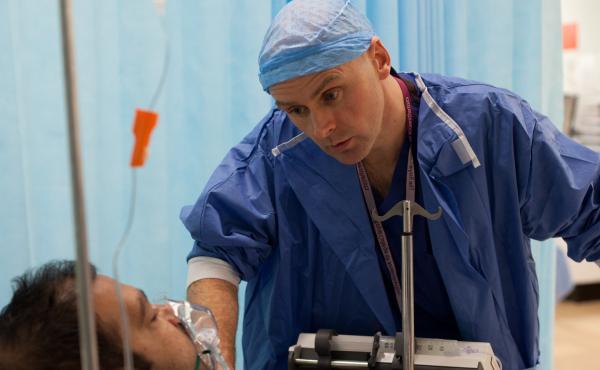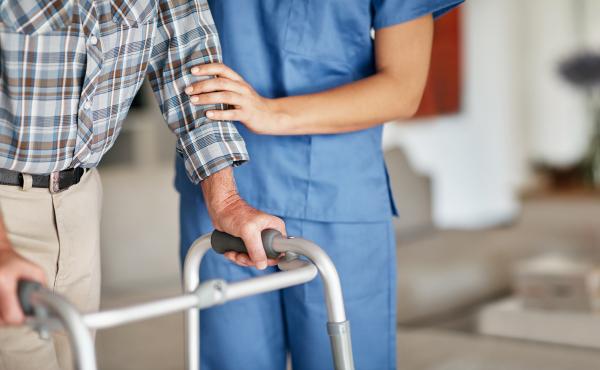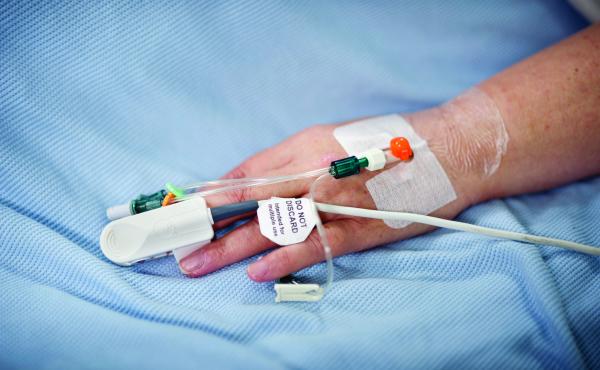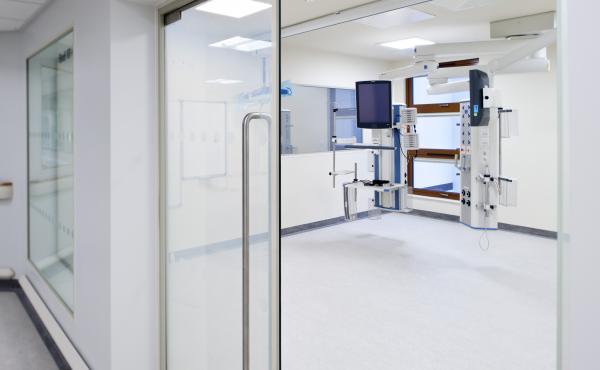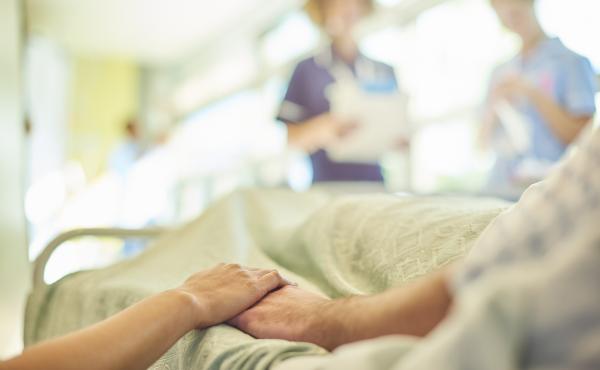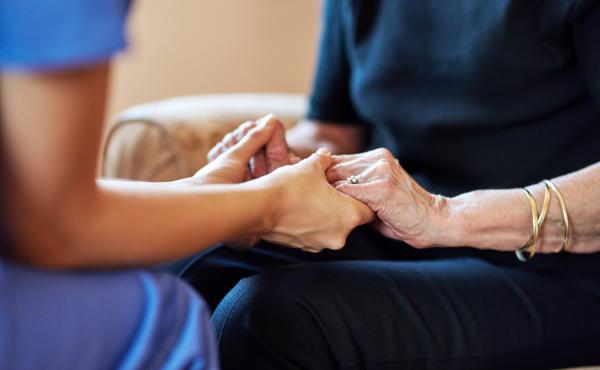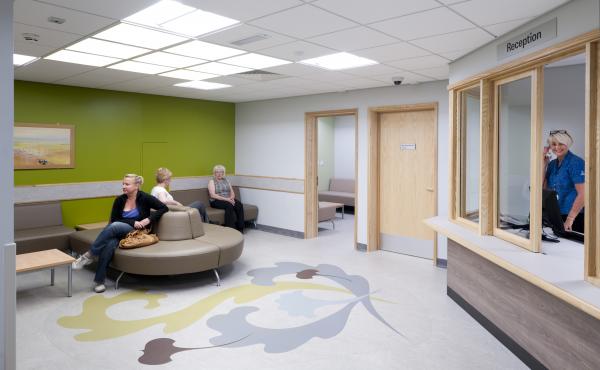Recovery after Intensive Care
Recovery from critical illness can be a long journey
A significant part of the recovery process often occurs after patients are discharged from hospital. Some patients report improvements in symptoms up to 2 years after returning home. It is common for patients to experience challenges in their recovery that feel unexpected and surprising to them.
Because of this, we hope it will be helpful to share some of the knowledge we have about the difficulties that can arise, so that patients and families feel reassured and more equipped to manage them. Often difficulties become less noticeable over time and not all patients experience the problems described here. However it is important if symptoms persist to get help, as left untreated they can sometimes get worse.
Will I go back to a normal hospital ward when I leave Intensive care?
Most patients will go back to a ward that deals with the main medical problem that made them unwell. This will allow your specialist care to continue.
In some cases, patients are discharged to a high dependency unit. This is a ward which has increased numbers of nursing staffing who also have particular skills that patients may need in order to continue their recovery.
Less commonly, patients are discharged home directly from Intensive care. This usually occurs if the illness has been very short and has completely resolved. Rarely, patients may be discharged home in the last days of their life in order to spend time in their own home together with their family.
Will I suffer from complications of being in Intensive care? How long will any complications last?
Unfortunately, Intensive care can lead to significant long-term complications. These complications are generally worse in patients who have had a long and serious illness.
You may come across the term ‘Post Intensive Care Syndrome’ or ‘PICS,’ something that may impact both Intensive care survivors and their families. The three main features of PICS are:
- Physical effects such as lack of energy, breathlessness, muscle weakness and longstanding health issues
- Brain effects including poor memory and difficulties paying attention and performing some tasks
- Psychological problems including poor sleep, depression and post-traumatic stress disorder.
Most Intensive care units will offer a follow-up clinic or rehabilitation service. Please speak to the team looking after you about this.
In this section
Want to know more?
See our full range of patient resources.

